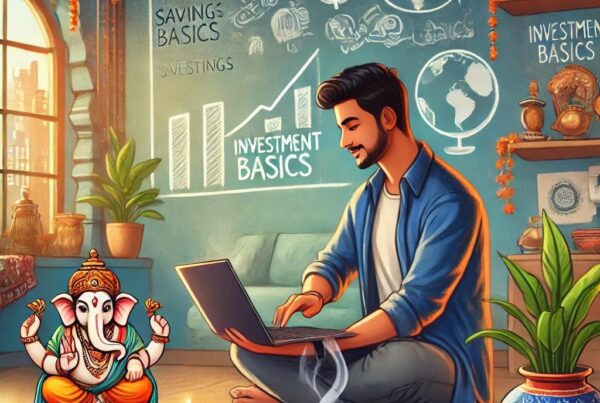Good salary, but never have enough of money on hand? Chances are, you’re making one of five common money mistakes.
Team Metrognome | editor@themetrognome.in
Money sure matters to all of us, but are you one of those people that never seem to have enough of it? On the face of it, you’re being quite fiscally responsible – you don’t go out partying every night, nor do you shop every so often. Then how is it that you never have enough money for emergencies? More to the point, how is it that so many others do?
It’s possible that you’re making one (or more) of these five common money mistakes:
1 Spending everything. Is this a recurring pattern in your life – money comes, money gets spent? If you are spending every last Rupee that you make, you will have nothing left over at the end of the month. If you find yourself regularly borrowing small sums of money in the last week of every month, it means that either your income is insufficient for your needs, or that you are spending more than you should.
2 Being too cautious. On the other hand, you might be spending very little money, even on essentials. Go on, live a little. We’re not suggesting that you splurge your cash at every opportunity, but being too thrifty is not ideal either. It’s important to strike a balance between where money needs to be spent, and where an expense can be avoided.
3 Not saving every month. There’s only one way to have a large savings fund – by saving money every month. As tough as it seems, it’s not impossible to do. Every month, set aside your savings first and then allocate monies for bills, travel, groceries, children’s needs, etc. Most people meet their expenses first and then try to save money – which rarely works. Just a sum of Rs 3,000 to Rs 5,000 set aside every month can rack up a large savings fund over time.
4 Not creating a retirement fund. We’re all working and quite young right now, but the time to plan for retirement is when you’re still working and young. Many people put off planning for retirement till they are past their 50s, by which time they cut short their own planning time. Apart from creating a savings retirement fund, you can also invest in pension plans, or PPF (Public Provident Fund) or a suitable market-linked investment such as ULIPs or ELSS.
5 Getting into debt. It starts with small sums of money borrowed from friends or relatives, and then develops into a regular habit. Borrowing money is the worst money mistake – it leads to debt and a bad credit history (if you have institutional loans such as personal or credit card loans. Debt eats into your income and leaves you floundering when you have an emergency expense. If you have private and institutional loans, it is better to close them one by one to clear up your credit history. And remember, do not borrow loans to repay loans!
Did you find this article helpful? Do you have a money tip to share? Tell us in the comments section below.
(Picture courtesy https://smartmortgageadvice.files.wordpress.com/2007/08/walletistock.jpg)




